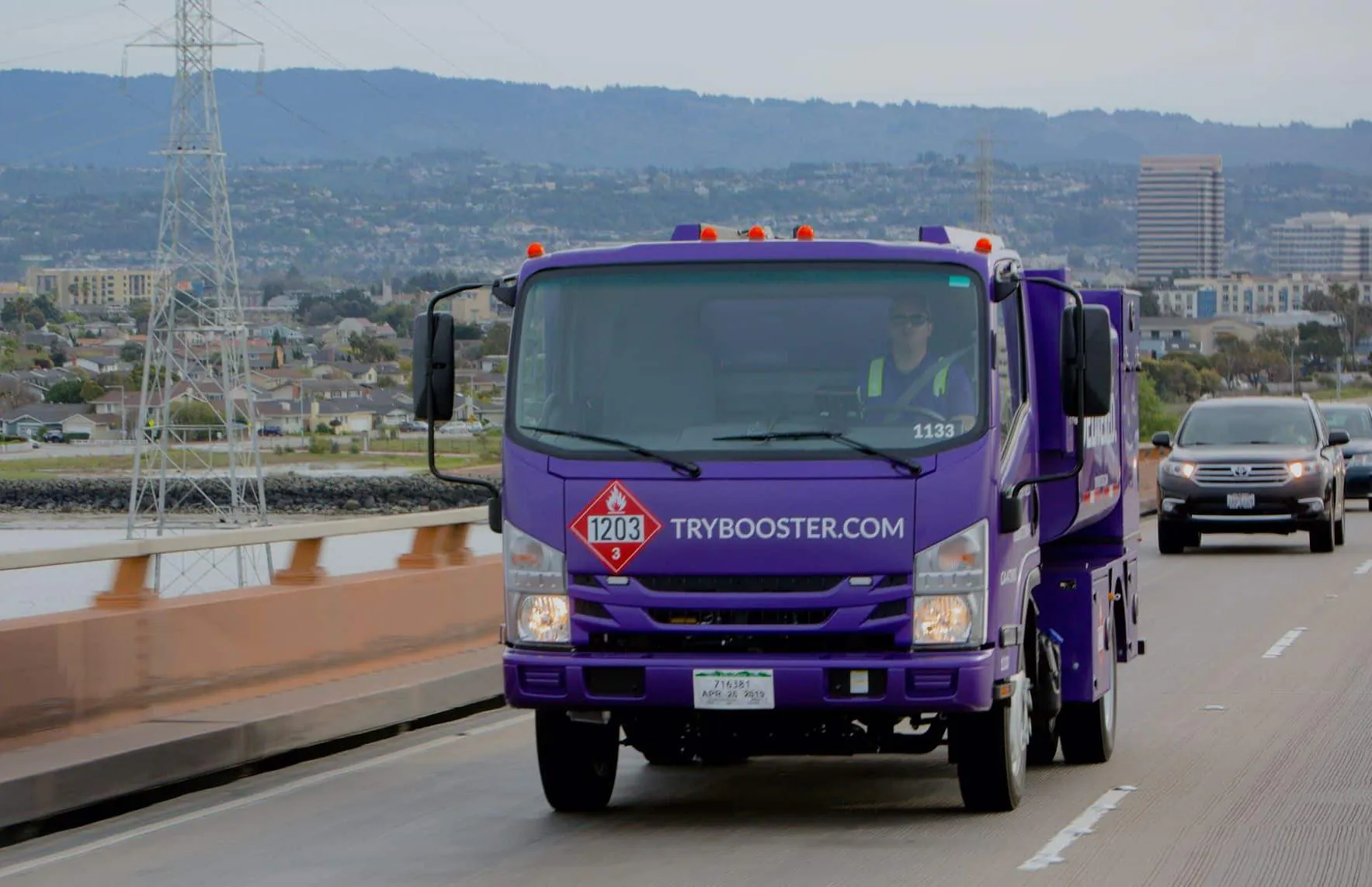January promises to bring big changes for the future of energy as a service. The incoming Biden-Harris administration has been clear about its renewed goals regarding environmental protections and a national effort at clean, modern, and innovative energy infrastructure. While the mobile energy industry is fairly young, it is well positioned to be a bridge to the net zero carbon goals of the future. How we get there depends on thoughtful regulation and a bit of pragmatism and creativity.
Immediate Impact
Come January 20th, COVID-19 relief and recovery efforts will be front and center, and most major domestic policy issues will be seen through the lens of reducing the impact of the virus while spurring economic recovery and job creation. Stricter environmental protections and standards, and the energy and infrastructure projects needed to realize them, will be key to realizing ambitious new goals such as a plan towards net zero carbon emissions. For the mobile energy industry, that will mean using our business models to create the energy infrastructure of the future, and being ready to deploy our vehicles for biofuels, electric and hydrogen customers. Booster, a contactless energy service provider that creates solid middle class jobs, is particularly well-suited to these efforts.
Environmental Protections
The Biden-Harris team has stated its intentions for a clean energy plan that places environmental protections and climate change goals at the forefront. In theory, these plans would move toward the eradication of fossil fuels and the complete overhaul of the energy economy toward low- or no-carbon energy production, realizing the Paris Accord climate goals that include net-zero emissions by 2050. In practice, while we believe these goals are achievable, present-day energy practices dictated by the persistently high market demand for conventional fuel will require the new administration to pursue its energy plans more pragmatically. This may mean investing in vehicular technologies that drastically reduce GHG emissions, while laying down the infrastructure that can be easily adapted for the alternative energies of the future.
Infrastructure
Another pillar of the Biden-Harris plan is a significant national effort at clean, modern and innovative energy infrastructure. While we don’t predict a large-scale infrastructure package, which would require an act of Congress that would be difficult to achieve while recovering from the pandemic, we do expect the use of executive powers to fund green energy investments at the state level. These investments would likely focus on transportation and supply chains that reduce carbon footprints, enhance overall efficiencies and advance our goals toward net-zero emissions. We also predict R&D dollars into clean energy projects and tax cuts to businesses with proven renewable and EV technologies.
The Biden-Harris team has been clear that they’ll want to achieve these goals without burdening consumers with extra energy transportation costs, without causing greater hardships for communities of color, and while creating middle-class jobs that were lost during the pandemic.
What’s Next
Booster is a forward thinker when it comes to developing creative strategies for reducing the impacts of energy delivery on the environment. As the leading same-day contactless energy delivery service, we offer big advantages to the environment and to human health and well-being. We do this through reduced emissions, spillage, congestion, and vehicle miles traveled. We also do this by using trained Service Professionals whose practices radically reduce the approximate 6 million gallons of spillage occurring at gas stations each year. Every “boost” saves customers 20 minutes, 2.2 miles, 1.1 pounds of CO₂, and $1.08 cents of wear and tear to their vehicles. In 2020 alone, we’ve prevented more than 2.3 million VMTs and 1.1 million pounds of CO₂.
We believe in a clean energy future and we believe we’re developing the infrastructure to get us there. As an energy-agnostic company providing energy-as-a-service at competitive prices, we’re laying the foundation to transport the next generation of energy services, be they electric, hydrogen or other emerging technologies, to consumers nationwide.
